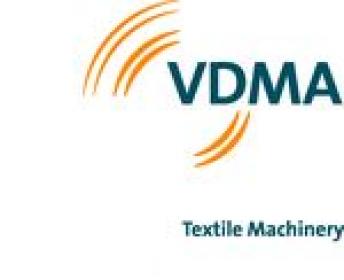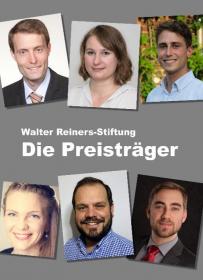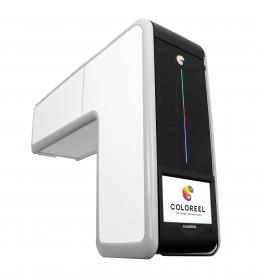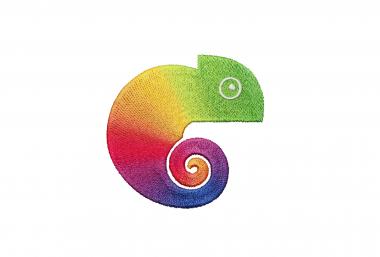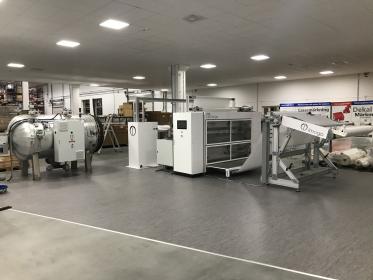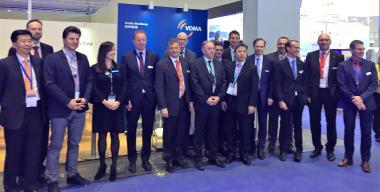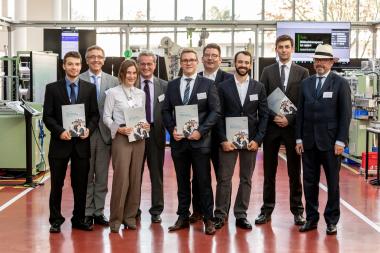New customer portal “Textile Machinery Newsroom” online
The new customer portal “Textile Machinery Newsroom” is now online on the IndustryArena platform. It provides visitors with technical and marketing relevant information in English for textile and nonwovens manufacturers.
IndustryArena as the umbrella platform of Textile Machinery Newsroom is the leading specialist portal for the manufacturing industry with more than 500,000 registered members and 3,000 providers.
The most prominent sections of “Textile Machinery Newsroom” include supplier news, a sourcing service and the webtalks section. From now on, VDMA’s successful “Textile Machinery Webtalks” series that started in summer 2020 will be published and advertised via this portal.
Companies can now participate and book future-oriented technology webinars either alone, in pairs or in the tried and tested three-part format. All VDMA members (not only companies supported by the Textile Machinery Association), textile research institutes in the EU and EFTA as well as textile and nonwovens manufacturers (customers) with whom VDMA member companies realised a joint project, for example, are entitled to participate.
VDMA e. V.


